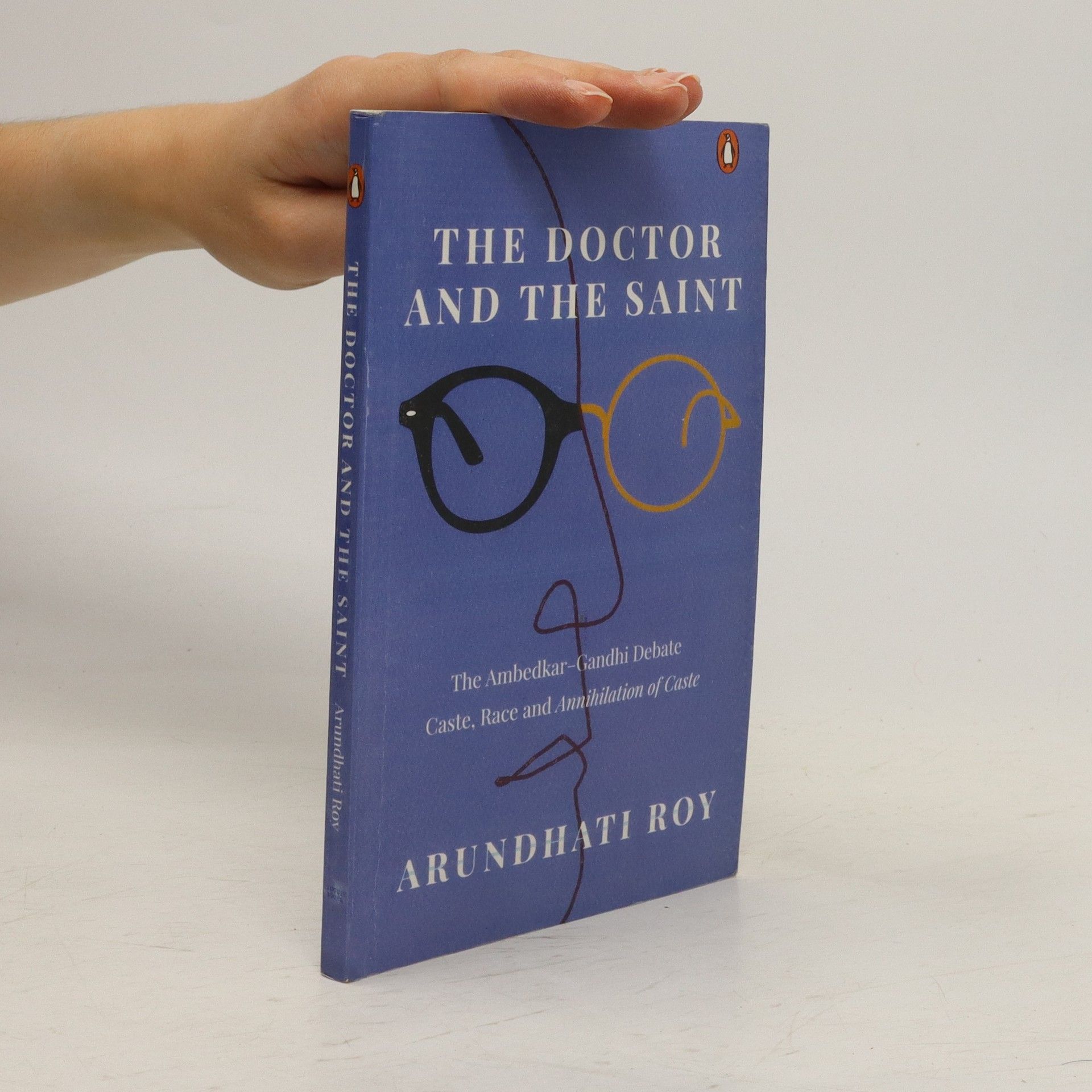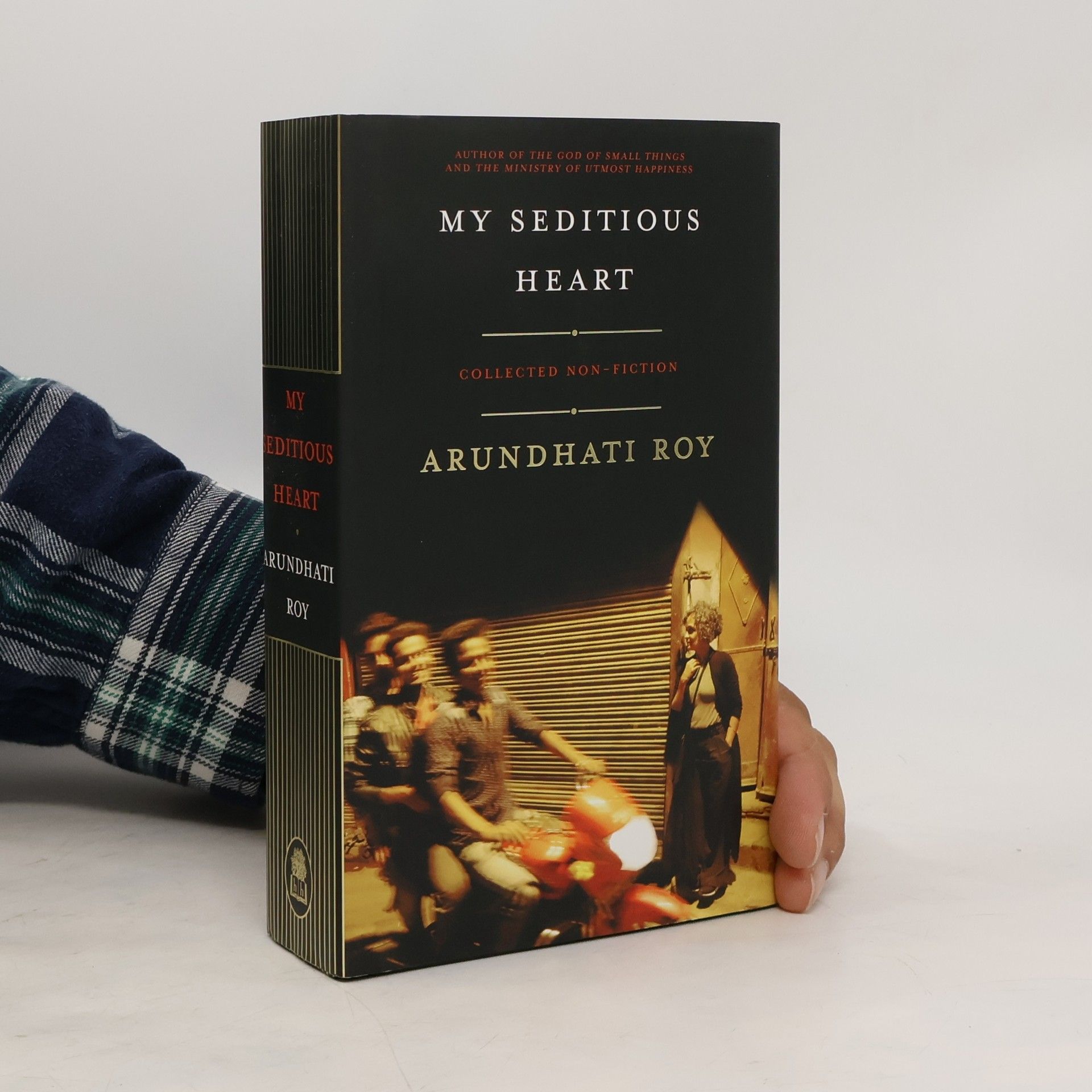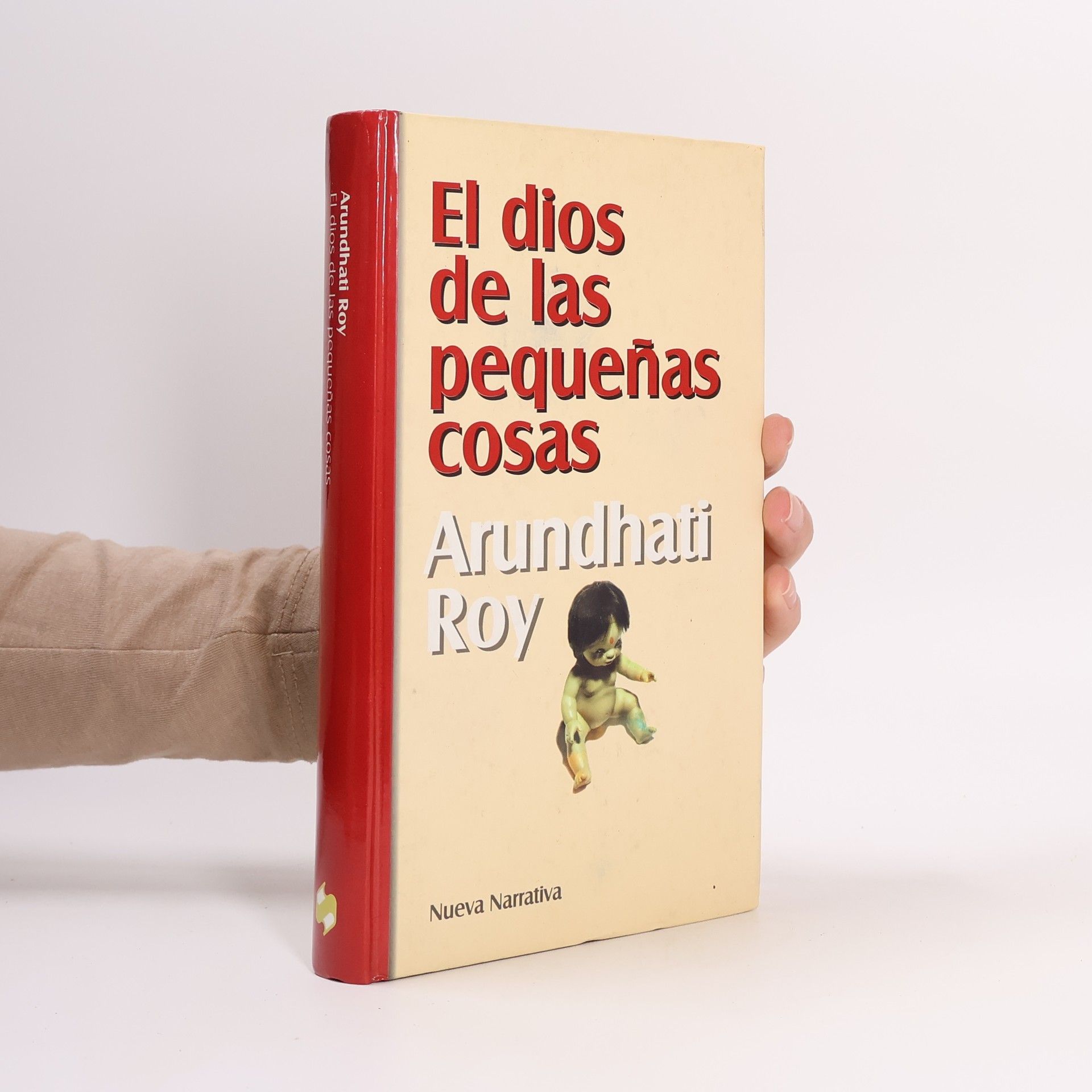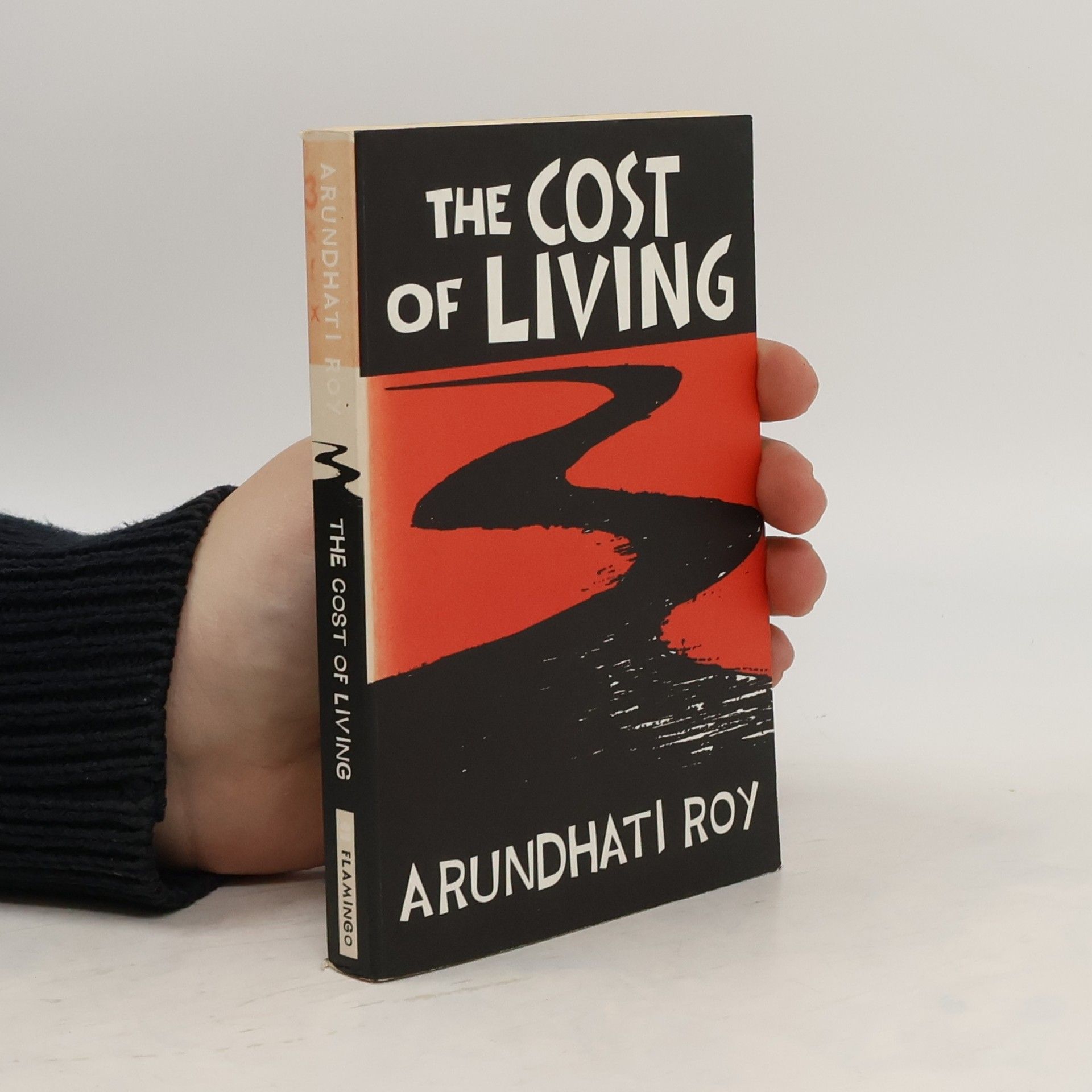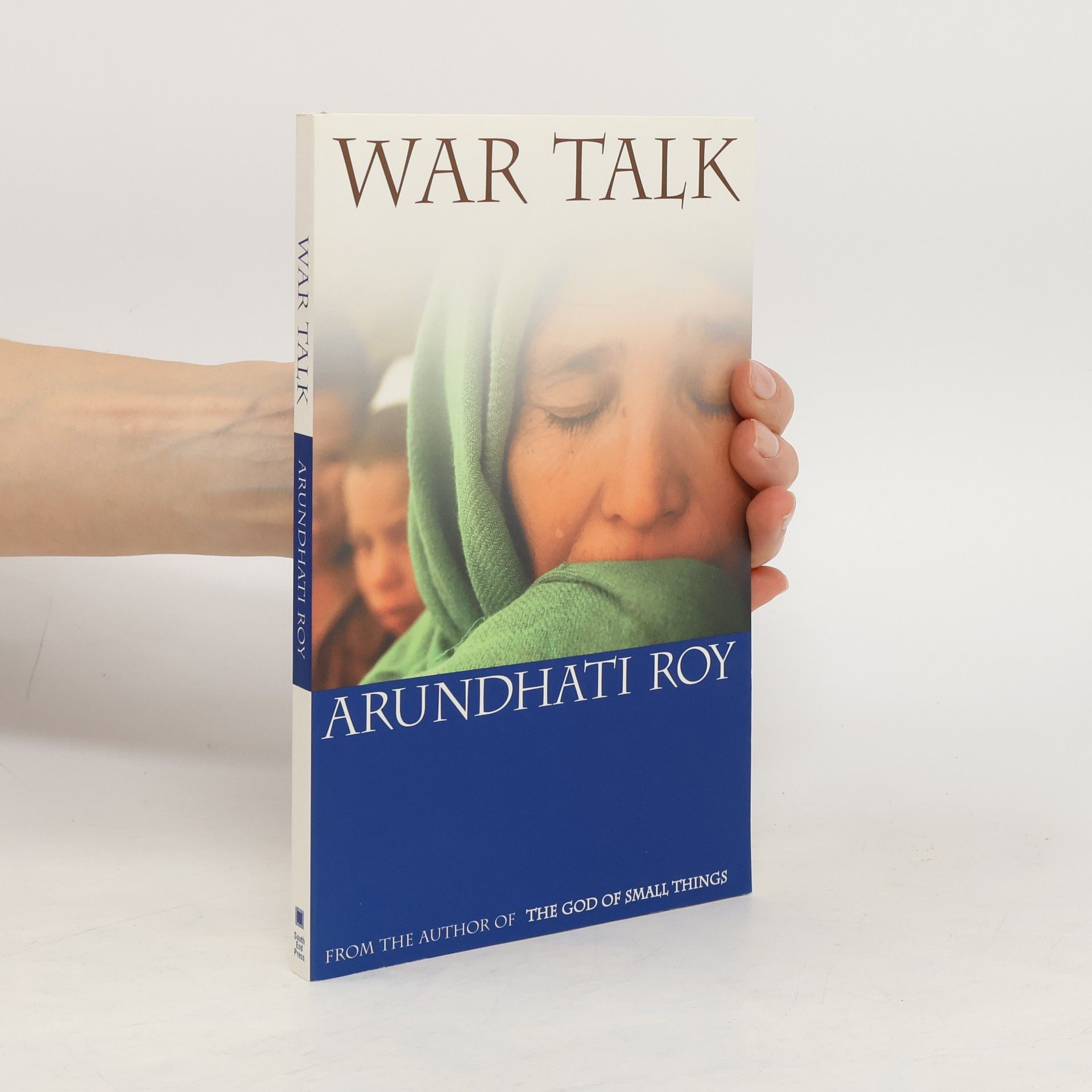El dios de las pequeñas cosas
- 310 páginas
- 11 horas de lectura
Ésta es la historia de tres generaciones de una familia de la región de Kerala, en el sur de la India, que se desperdiga por el mundo y se reencuentra en su tierra natal. Una historia que es muchas historias. La de la niña inglesa Sophie Moll que se ahogó en un río y cuya muerte accidental marcó para siempre las vidas de quienes se vieron implicados. La de dos gemelos Estha y Rahel que vivieron veintitrés años separados. La de Ammu, la madre de los gemelos, y sus furtivos amores adúlteros. La del hermano de Ammu, marxista educado en Oxford y divorciado de una mujer inglesa. La de los abuelos, que en su juventud cultivaron la entomología y las pasiones prohibidas. Ésta es la historia de una familia que vive en unos tiempos convulsos en los que todo puede cambiar en un día y en un país cuyas esencias parecen eternas. Esta apasionante saga familiar es un gozoso festín literario en el que se entremezclan el amor y la muerte, las pasiones que rompen tabúes y los deseos inalcanzables, la lucha por la justicia y el dolor causado por la pérdida de la inocencia, el peso del pasado y las aristas del presente



